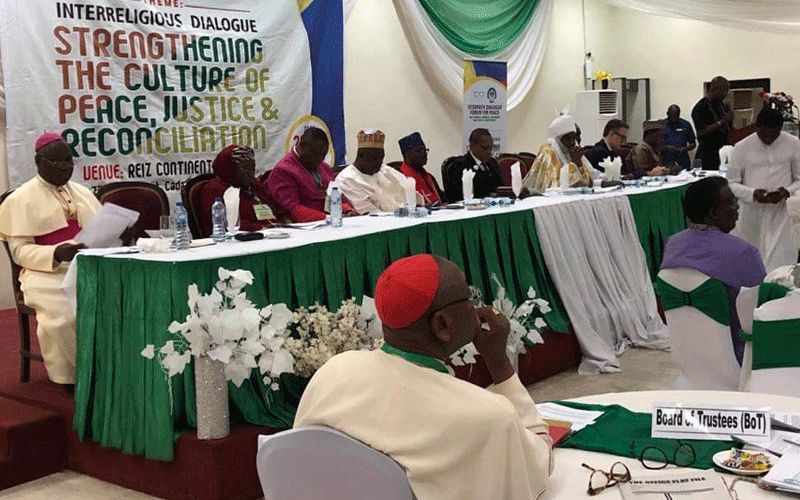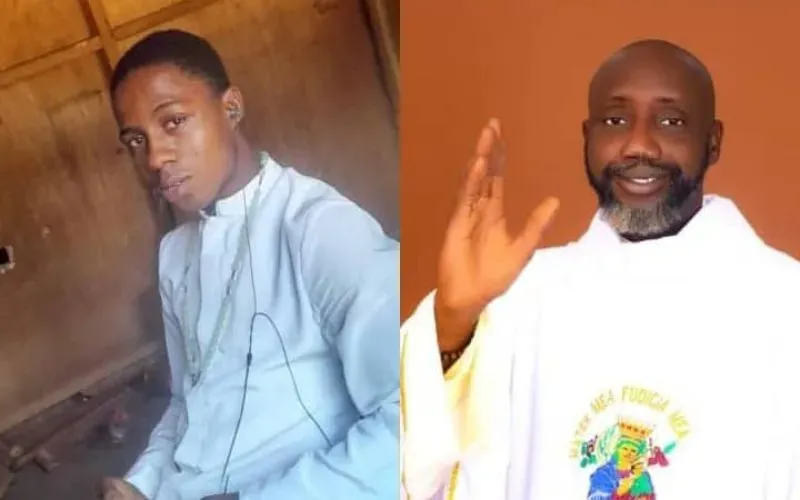Christianity and Islam are the largest religions in Nigeria at 47% and 51% respectively. Over the years, however, the West African nation has experienced violence that has been viewed as a way of fueling antagonism between the two largest religions, exemplified, most recently, in the murder of 11 male Christians on Christmas day 2019 and the killing of the Chairman of the Christian Association of Nigeria (CAN) in Michika local government area of the State of Adamawa, Lawan Andimi.
The Archbishop expressed the concern that in his country, religion is used as a “a weapon of controversy.”
“In Nigeria, while the signs of religiosity are everywhere, many of us often live at the level of the external,” he said and continued, “surprisingly some of us convert religion wrongly to a weapon of controversy, conflict, violence, discrimination and domination instead of positively building ourselves towards unity and to be holy as the Lord is holy.”
“Even though our practice of religion in Nigeria is quite laudable and impressive, we must be careful to check that it is devoid of externalism and fanaticism, whereby we tend to be judgmental of others and try to see the speck in the eyes of others but not the log of wood in our eyes!” Archbishop Kaigama noted.
According to the Archbishop of Abuja, “The problem of religious practice in Nigeria we must admit, is the failure of genuine acceptance and mutual respect by the adherents of our two main religions (Islam and Christianity).”
“Some adherents of each religious group seem to directly or indirectly align with the crave for dominance, supremacy or sometimes the use of politics or whatever traditional and religiously acquired power and even economic resources to get things done in favour of their religious group,” he added.
The Archbishop went on to appeal for working together toward mutual goals, “Muslims and Christians in Nigeria should combine forces and explore our rich historical, cultural, social and material endowments for the common good, rather than tearing at each other or encouraging discriminatory or polarized existence”
“Such attitude brings retrogression instead of progress and creates an unhealthy gap between the Muslims and the Christians, the north and the south,” the Nigerian Archbishop told the audience that consisted of representatives from various religions at the conference where he was the chief guest.
Archbishop Kaigama also noted that indoctrination of children in the country is contributing to religious animosity among the people since “children in families and schools are made to hate others who are of different religious views and practice and to call them derogatory names.”
“With this, children grow up with incredibly deep-seated religious prejudices against members of the other religion,” the Nigerian Prelate bemoaned and probed rhetorically, “Is it any wonder that simple matters whether of a social, economic or political nature soon become so complex and evolve into unhealthy religious propaganda with attendant violence and unfortunate loss of lives?”








